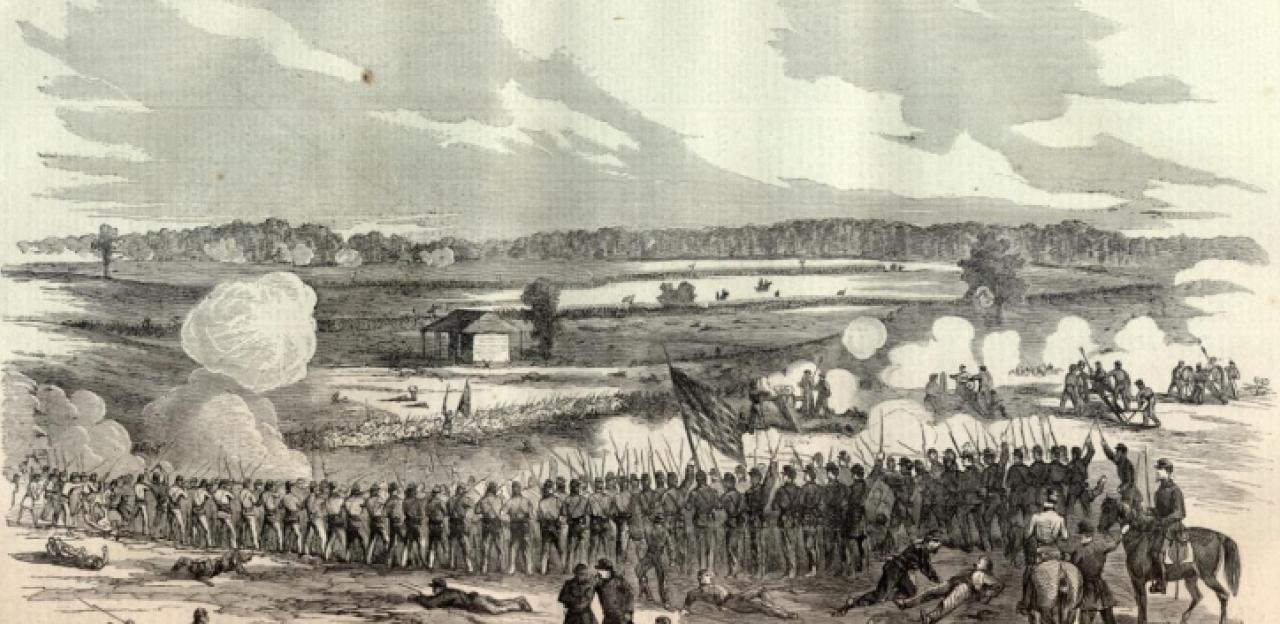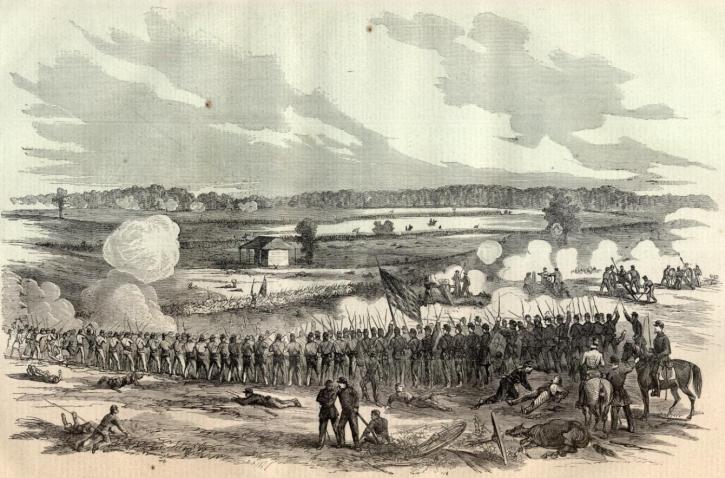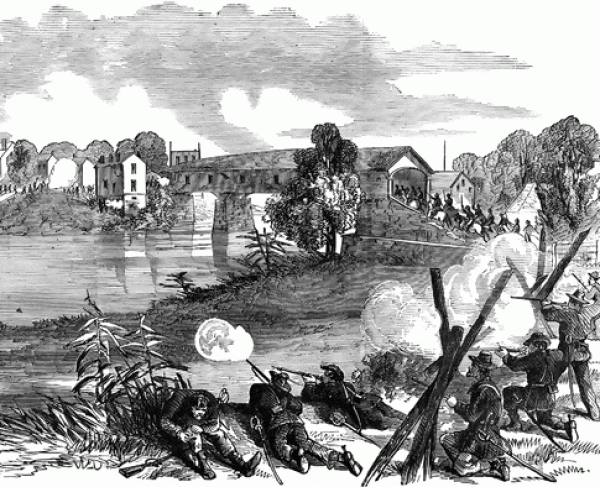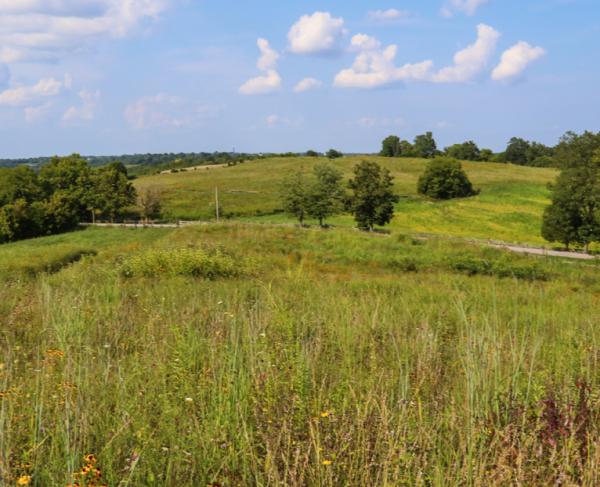Moments in Time: The Battle of Perryville - A Battle in Three Parts


In early October, 1862, in the twilight days of the Confederate Heartland Offensive, tens of thousands of men and beasts of war were slowly dying of thirst in Kentucky.
The Civil War’s first invasion of the North began when Confederate armies under Braxton Bragg and Edmund K. Smith forced their way through the Federal screen at the northern Tennessee border during the second half of August. The two generals sought to divert offensive attention from Vicksburg and win Kentucky, a neutral state, to the southern cause. In the weeks that followed, hastily assembled Union defenders suffered several major defeats in front of the steadily advancing armies. At Richmond, Kentucky, on August 30th, a series of crushing frontal assaults followed by a well-timed cavalry pursuit annihilated the Provisional Army of Kentucky in the most complete Southern victory of the entire war. Don Carlos Buell, commanding the Union Army of the Ohio at Nashville, now became acutely aware of the Confederate threat. By September 7th his men had abandoned their offensive positions and were beginning a 200-mile withdrawal to establish a new line around the Kentucky capital of Louisville.
So far Bragg and Smith’s campaign had been largely successful. Forcing Buell’s movement greatly reduced the threat to Vicksburg and other Deep South supply centers and on October 4th a precarious Confederate state government had even been established in Frankfort.
Two large problems remained. The first was the matter of new recruits. The generals had gone into Kentucky expecting to win as many as 30,000 men to their banners. Up to this point, however, they had received less than a tenth of that number. Without fresh Confederate soldiers Buell's Army of the Ohio, made up of 55,000 men, dwarfed the southern armies by more than a two-to-one margin. To make matters worse, the Kentuckians actually were flocking to Buell at Louisville.
The second problem was more pressing and led directly to the battle that would decide the fate of Kentucky: there was hardly any water anywhere. Both armies were affected equally by the drought. Hundreds, perhaps thousands, of men died along the desiccated roadsides of central and northern Kentucky in those tragic weeks. On October 4th Bragg’s army reached Perryville, a small town that secured a network of waterways roughly 75 miles southeast of Louisville. After months of drought the area’s rivers and streams had been reduced to muddy puddles, but both sides were in desperate need of water of any kind. Buell led his army forward to the attack.
The two armies encountered each other northwest of Perryville shortly after midnight on October 8th. Buell’s men were dangerously scattered. Over two-thirds of his army had delayed their march to search for water away from the approach road. Bragg’s army was united, but was outnumbered even in front of this fraction of Buell’s force.
Assuming that the Confederates would settle into a defensive stance, Buell resolved to wait until his army came together on the 9th before launching the decisive attack. In the meantime, he permitted those of his soldiers nearest Perryville to test the Southern picket line around the puddles of Doctor’s Fork. Sharp skirmishing erupted before daybreak as small detachments struggled bitterly for access to the dirty water.
Thinking that this fighting indicated the furthest northern end of Buell’s battle line, the Confederates deployed their brigades to strike the Union force from the front and northern flank. Bragg had no intention of waiting another day for Buell to attack. On the 8th he would bring on the battle for Kentucky himself.
Related Battles
4,211
3,401



